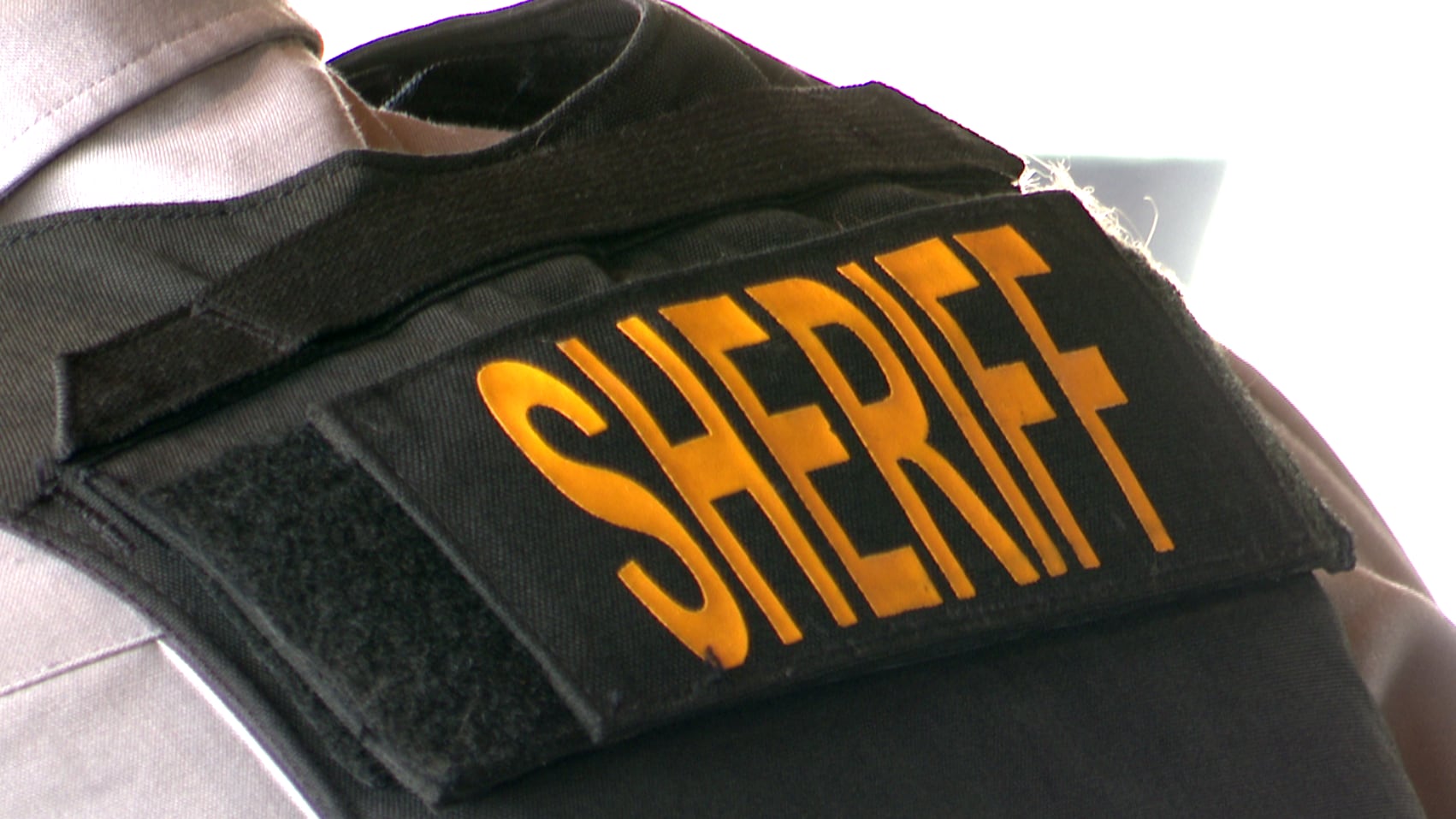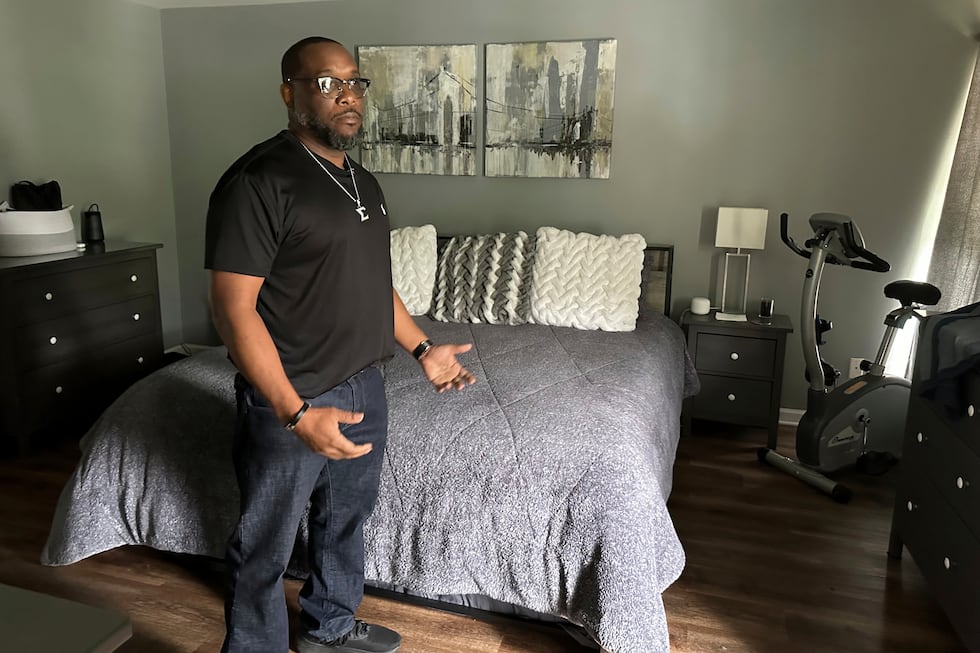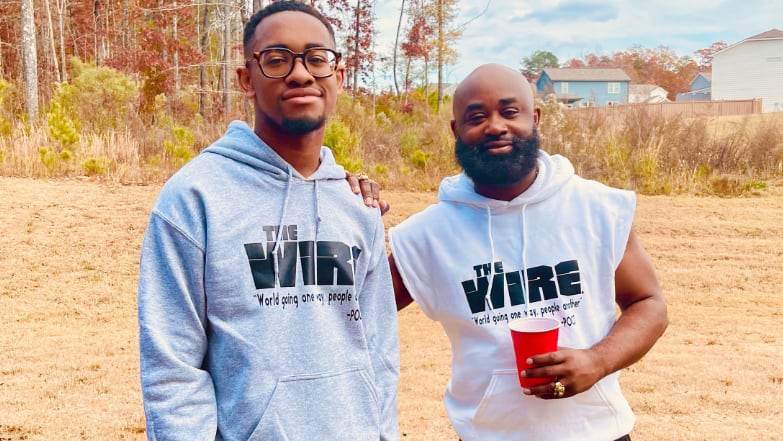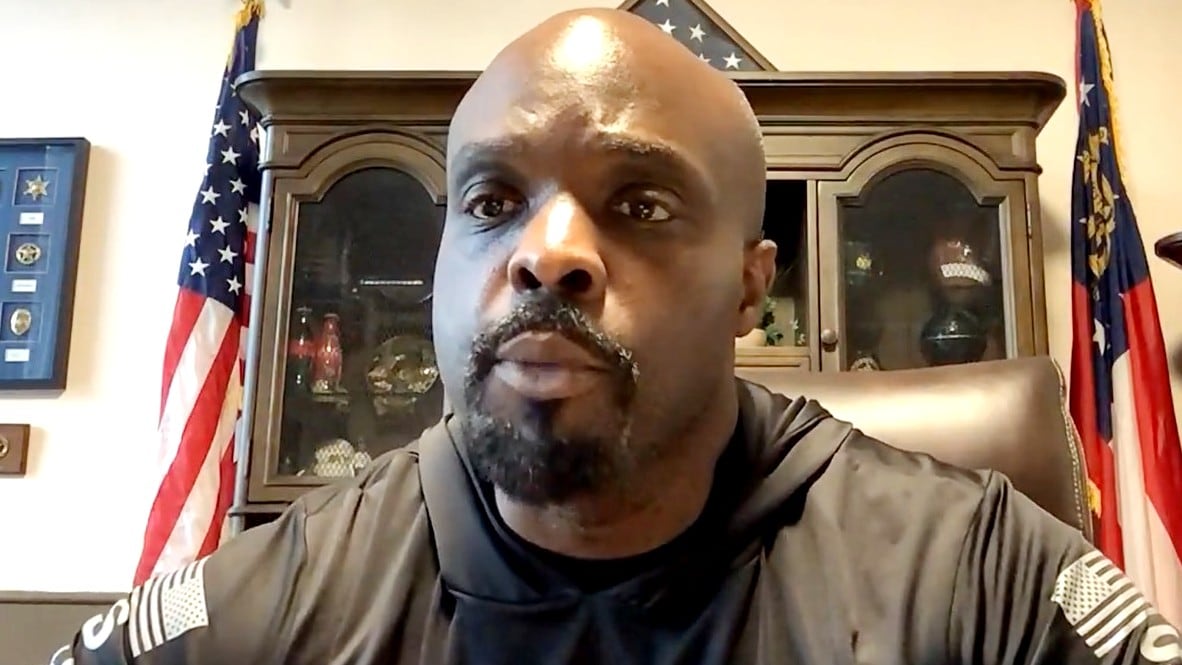Court revives lawsuit of Ga. family whose home was wrongly raided
WASHINGTON - The U.S. Supreme Court is reviving the lawsuit brought against the FBI by an Atlanta family whose home was wrongly raided in 2017.
On Thursday, the nation’s highest court ruled in favor of Trina Martin and Toi Cliatt, who had filed a lawsuit against the federal government accusing the FBI agents of assault and battery, false arrest and other violations. The lawsuit had been dismissed by a lower court, but the Supreme Court’s ruling has reversed that court’s decision.
Martin and Cliatt were sleeping in the middle of the night when an FBI SWAT team knocked down their front door and stormed into their home. Martin’s son, Gabe, said he woke up in his bedroom to see an M-4 rifle in his face.
Agents had the wrong house. The address on the warrant was on the next block and a different street.
The FBI team quickly apologized and left for the right place, with the team leader later saying that his personal GPS device had led him to the wrong address. But Martin, Cliatt, and her son were left with lasting trauma and a damaged home.
70-year-old man sent to hospital after SWAT standoff in Augusta
Deputies with the Richmond County Sheriff’s Office responded to a home on the 300 block of Indian Trail Court around 1 a.m. for a domestic situation.

Martin and Cliatt filed a lawsuit against the federal government accusing the agents of assault and battery, false arrest and other violations. While the government is typically immune from lawsuits, they are allowed in some cases. Congress changed the law specifically to allow suits over wrong-house raids after a pair of them made headlines in the 1970s, their lawyers said.
But lower courts tossed out the case.

Public interest groups from across the political spectrum urged the justices to overturn the ruling from the 11th U.S. Circuit Court of Appeals, saying it severely narrows the legal path for people to file law enforcement ability cases against the federal government.
The high court ruled narrowly, reversing the appeals court on one of the issues in the case. The justices said it was wrong to toss out the case based on the Supremacy Clause, which says federal laws supersede state laws when the two conflict.
‘The Wire’ actor’s son thanks ers as he recovers from Ga. tornado injury
The teenager who was thrown nearly 300 feet from his house during a Henry County tornado is thanking everyone who’s reached out to him as he continues to recover.

The federal law at the center of this case actually refers back to state law, Justice Neil Gorsuch wrote. While the government is typically immune from lawsuits, it allows those claims in some situations that would create liability under state law.
“Congress has entered the field and expressly bound the federal government to accept liability under state tort law on the same as a ‘private individual,’” Gorsuch wrote.
That means there’s no need to involve the Supremacy Clause, and the case should move forward, the justices said. The ruling sends the case back to the 11th Circuit, which will continue to weigh other questions raised by the case.

One of those questions is when the government can be held liable for mistakes made by law enforcement officers in the line of duty. In a concurrence ed by Justice Ketanji Brown Jackson, Justice Sonia Sotomayor suggested that raids on wrong houses likely aren’t the kind of mistakes that are immune from liability.
Lawyers at the nonprofit Institute for Justice said they’re looking forward to “continuing the fight.”
Judges, DA, step aside from Burke County sheriff’s cases
Local judges have stepped aside from a civil case involving Alfonzo Williams, but the DA's exit from a criminal investigation of him is more serious.

In a brief telephone interview, Trina Martin said she was ecstatic.
“Between laughing and crying, I can’t stop,” she said. “If the Supreme Court can say they’re wrong, it gives me all the hope in the world.”
Copyright 2025 WRDW/WAGT. All rights reserved.














